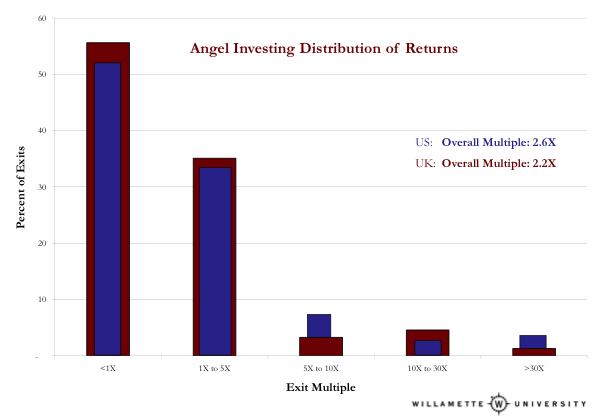How OurCrowd chooses startup investments
We frequently get asked about our investment methodology. Our investment process has been honed by the decades of investing experience our senior management has. One interesting note: Our founder and CEO, Jon Medved, managed a startup portfolio of almost $300M. The rest of OurCrowd’s management team has serious chops, too. We’ve all got experience building and running our own companies, management consulting, equity research, investment banking, and portfolio management. **Remember, though OurCrowd members can choose to invest in as many (or little) of the companies we list for investment, OurCrowd invests in every deal we show to investors. We’re ponying our own money up alongside the crowd. So, what do we look for in making an investment in a startup? OurCrowd’s 5 point investment checklist Great team: Successful startups are founded by great people. So, when we look at potential investments, we give serial entrepreneurs special attention. We’re looking for people who have built and managed companies. Failures are OK, too. It’s the process of realizing an idea, building out a plan that we’re looking for. Great people are...
Read More





